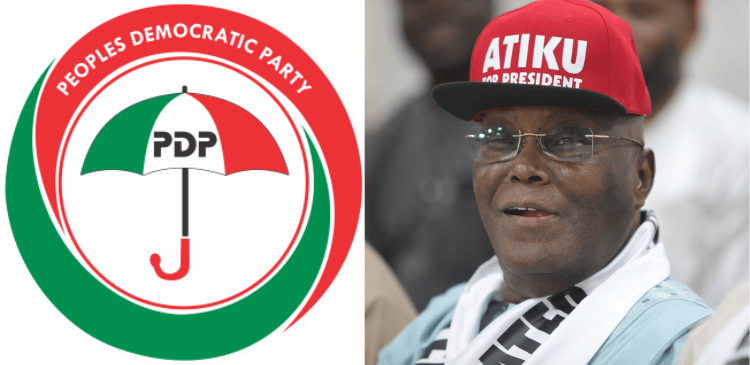The Presidential Election Petition Court on Tuesday adjourned hearing in the petition by the People’s Democratic Party till Wednesday, due to the failure of the petitioner to properly organize its documentary evidence which it planned to tender before the court
The documents relate to result sheets from last February’s presidential election, obtained from Kogi state.
The court noted that the schedule of documents was not serially arranged, creating problems for the justices to record them in order to admit them as exhibits.
The PDP counsel, Eyitayo Jegede, blamed the situation on the failure of INEC to provide all the documents in the twenty-one local government areas in the state despite subpoenas issued for the release of the documents.
Also Read: PEPC Day15: PDP calls four more witnesses as LP tenders additional documents
The PDP had sought to tender form EC8B series from nine local governments of Kogi state.
The documents are the summary of results from polling units at the registration area level and also include all results from different polling units collected by a collation officer.
Due to the untidy nature of the document schedule which the court noted will make it difficult for the registry to assign numbers, the petitioners requested time to enable it re-arrange the documents serially, forcing the court into an adjournment.
Also at Tuesday’s hearing, the court received a certified true copy of the notice of discontinuance of the case filed by six PDP-controlled states before the Supreme Court, seeking an interpretation of the constitutional provision in section 134 which requires a candidate to score twenty-five percent in two-thirds of states and the FCT to be declared the winner.
The case was filed after INEC declared APC’s Bola Ahmed Tinubu as president.
However, since the issue also constitutes one of the grounds of the petition by the PDP before the Presidential Election Court, and in order not to risk it being described as an abuse of the court process, the plaintiffs decided to discontinue the matter at the Supreme Court.
(Editor: Ena Agbanoma)








